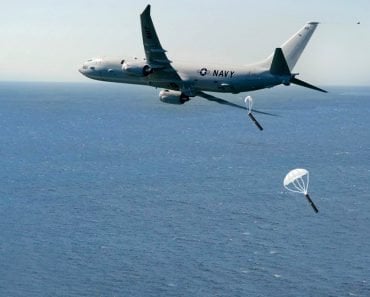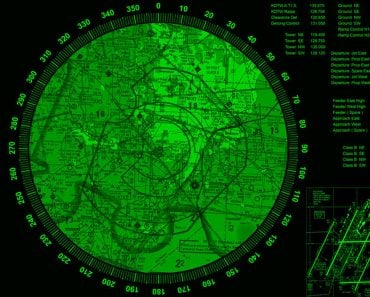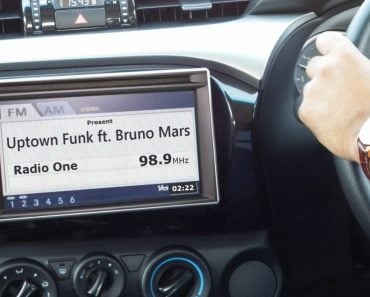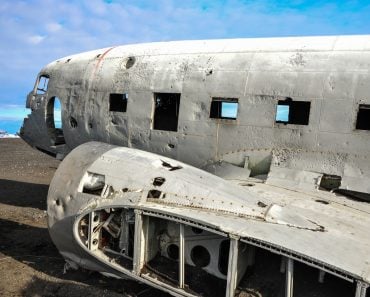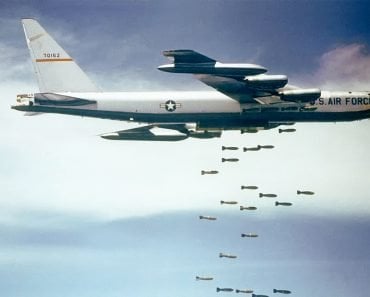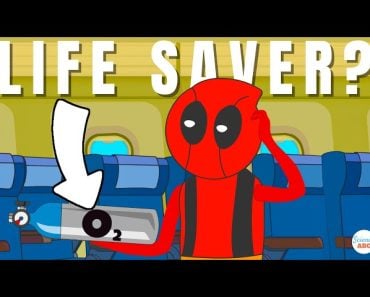Table of Contents (click to expand)
Mayday is a distress signal used by sailors and pilots when their ship or aircraft is in danger. It is derived from the French term ‘m’aidez’, which means ‘help me’. The word became popular after it was used by a radio officer at Croydon Airport in London in 1923. It is now a standard distress call used by many countries.
Unless you’ve been living under a rock for years, you’ve likely heard the term Mayday, especially in critical situations involving ships and aircraft. Have you ever wondered what the story is behind this unusual word? I mean, it’s not even a proper English word, right?
Why do sailors/pilots use this word when their ship is about to sink or when their aircraft has experienced a critical technical snag that could bring them down? What’s wrong with using English words like ‘help’ or ‘danger’ instead? Does it have anything to do with a day in the month of May, or is it just another term in aviation/maritime jargon without a definite meaning that just stuck?
Short answer: The term Mayday is derived from a French term ‘m’aidez‘, which basically means ‘help me’.
Recommended Video for you:
What Is ‘Mayday’?
Mayday is a special word used as a distress signal in radio communication by mariners and aviators all over the world. If a ship/aircraft faces immediate danger that could be life-threatening to the crew and passengers, the radio operators onboard will broadcast a Mayday signal to request help.
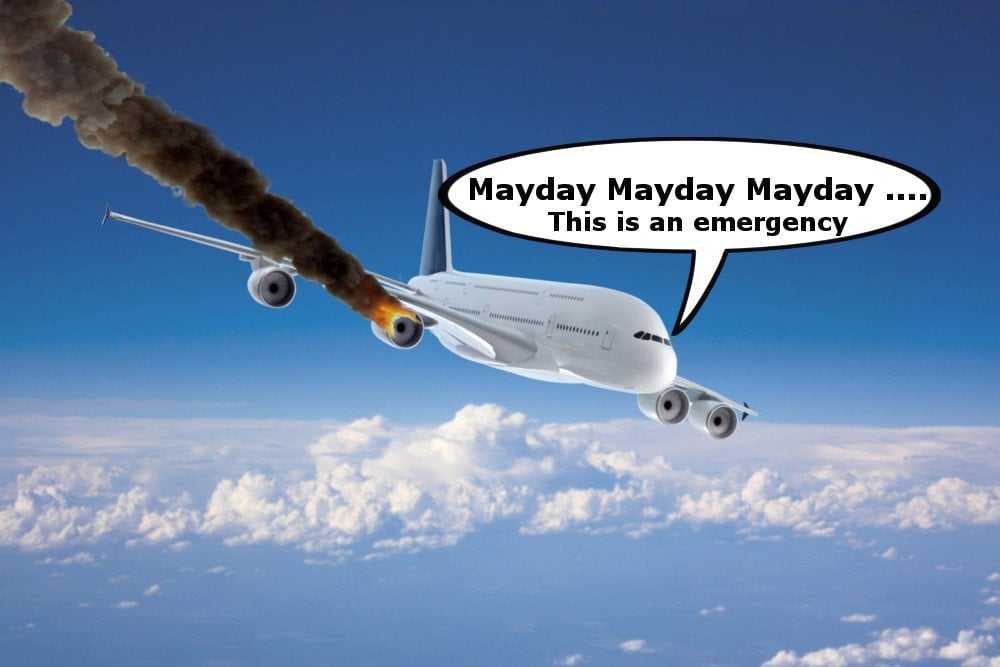
Although it’s typically known to be used by the crew of ships and aircraft, there are some countries whose local government organizations, such as police, fire safety department, and transportation authorities also use Mayday as a distress signal to express an imminent threat to life.
What’s The Story Behind The Word ‘Mayday’?
The word ‘Mayday’ might, quite understandably, lead one to believe that it has something to do with a particular day in the month of May, but let me assure you that it’s not even distantly related to springtime.

The word Mayday is actually an anglicization, or in simple words, the English approximation of a French phrase “m’aidez” or “m’aider”, which literally means ‘help me’. It’s said to have originated with a senior radio officer at Croydon Airport in London named Frederick Stanley Mockford in 1923. He was asked to come up with a word that could be used in distress signals that could easily be understood by all pilots and support staff at airports. Since much of the air traffic at that point was between Croydon and Le Bourget Airport in Paris, he proposed the word “m’aider”, which is actually a shortened version of “venez m’aider”.
The term was well-received by users and was consequently adopted as the standard voice call in place of SOS (an international Morse code distress signal that was previously in use) by the International Radiotelegraph Convention of Washington in 1927. Today, the term ‘Mayday’ has become synonymous with imminent peril or a life-threatening situation.
How Is A Mayday Call Transmitted Over Radio?
Have you ever noticed in movies/TV shows depicting a ‘Mayday situation’ in a ship or plane that they never just say “Mayday, our ship has developed a major leak” or “Mayday, both our main engines have failed”? This is because there’s a particular, predefined way in which a Mayday signal needs to be transmitted.
The word ‘Mayday’ must be said loud and clear three times in a row, followed by the call sign and type of ship/aircraft, location details, type of emergency and its severity, the number of persons onboard and any other vital piece of information that the transmitter considers to be important enough to be relayed. For more clarification, here is a distress message format released by the US Coast Guard.
Note that it’s necessary to repeat the word Mayday three times in a row so that it cannot be confused with a similar-sounding phrase by the receiver. Also, it helps any potential receivers to confidently know that it’s an actual Mayday call and not a message about a Mayday call. If a ship cannot send a Mayday signal due to problems with its radio system, a Mayday relay can also be transmitted by another ship on its behalf.
Here’s a real-life example of a mayday call made by MV Summit Venture when it collided with the Sunshine Skyway Bridge in 1980, resulting in its collapse.
A very important thing to remember about making a Mayday call is that it could land you in prison and burn a large hole in your pockets if it’s not a legitimate emergency!
Yes, that’s right. Making a false Mayday call is a federal crime in the US and could result in you being incarcerated for 6 six years and/or having to pay a fine of up to $250,000, as well as restitution to the Coast Guard. In other words, don’t radio a Mayday signal just because a tap in the kitchenette onboard your boat stopped working; doing that might land you in some real trouble!


